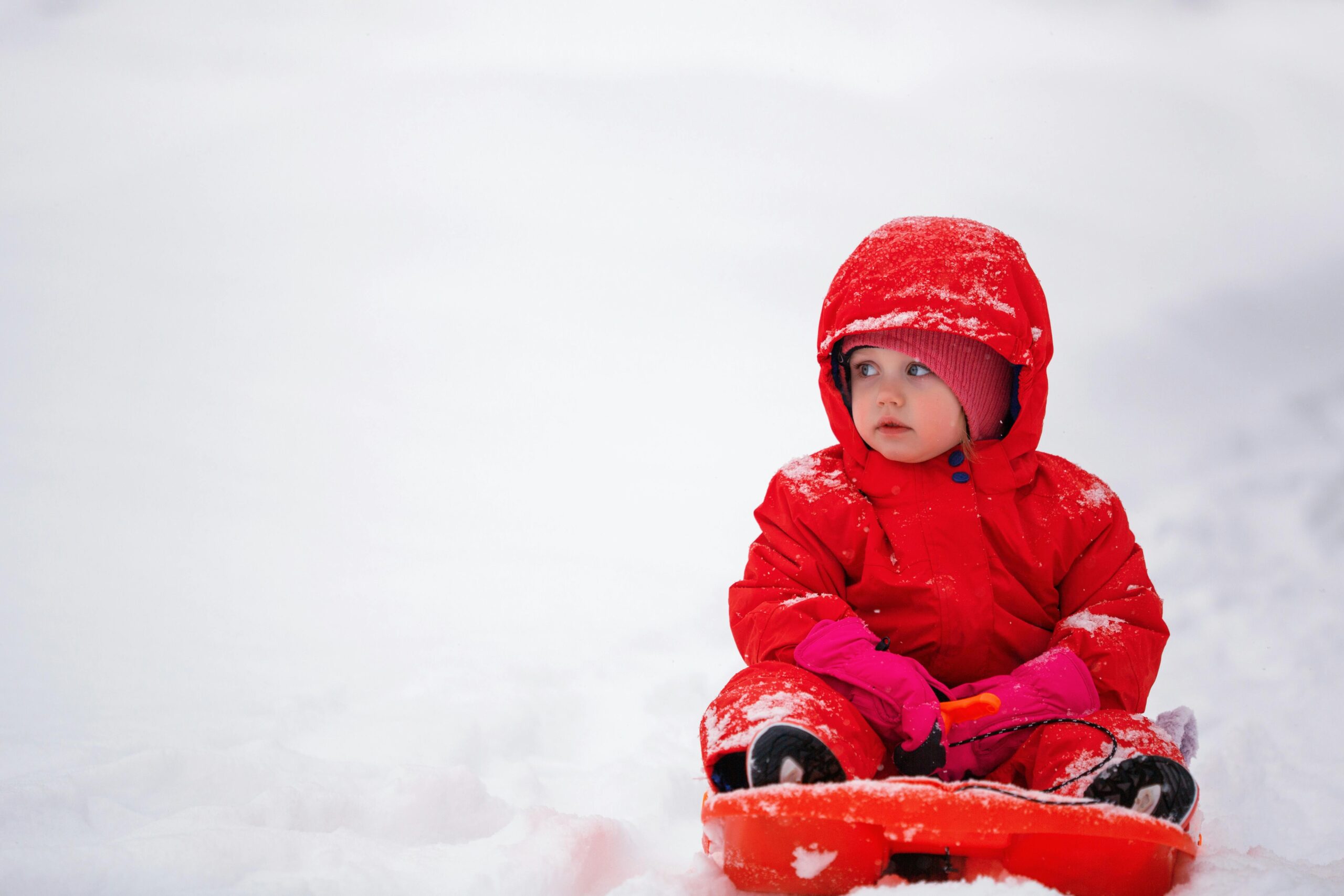
The Many Benefits of Playing in the Snow
As the season of winter is vastly approaching, snow is (potentially) in the air! While we may want to stay indoors when it is snowing,

As the season of winter is vastly approaching, snow is (potentially) in the air! While we may want to stay indoors when it is snowing,
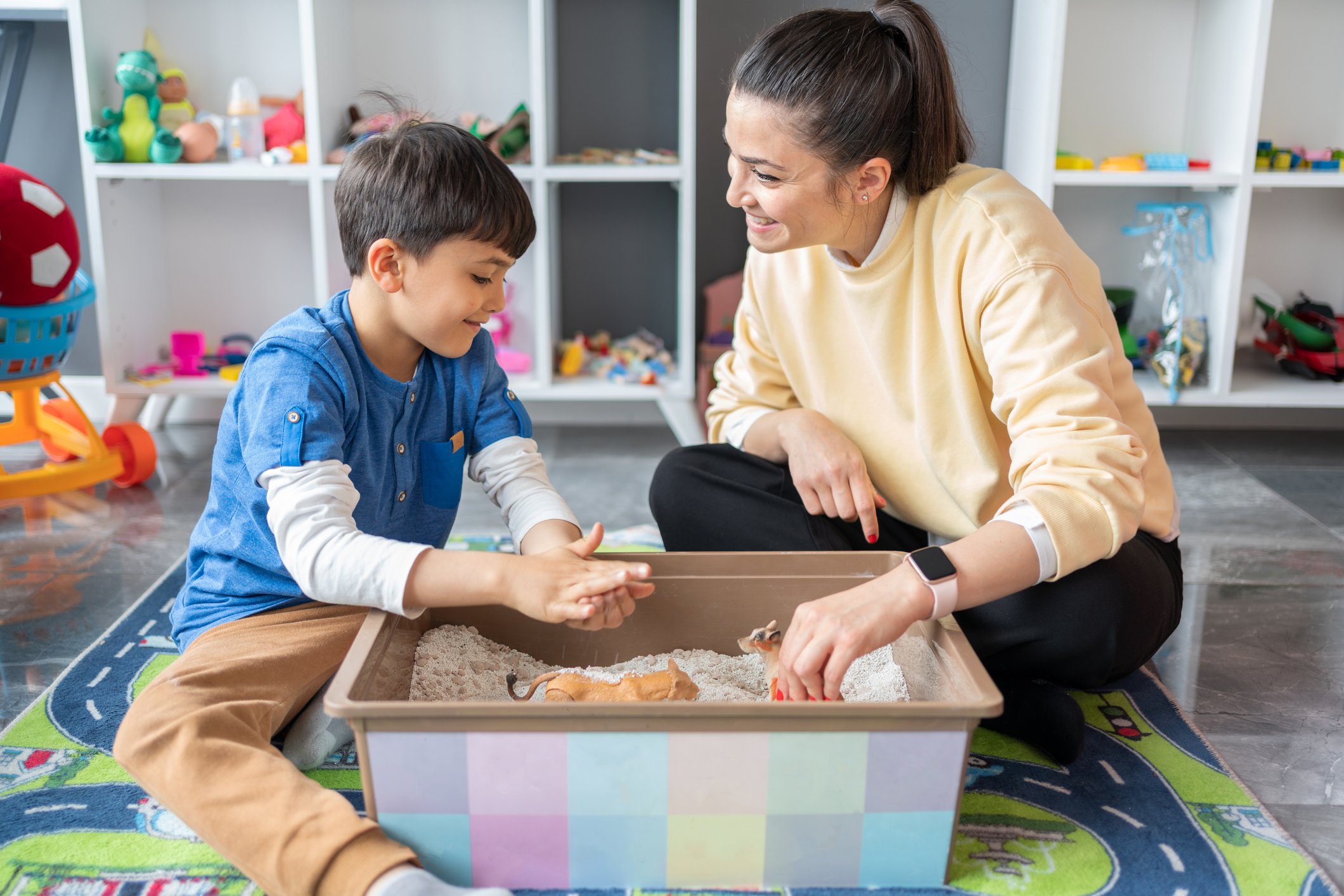
Is your child constantly on the go, a whirlwind of activity who seeks stimulation? Or do they prefer a quieter, easier pace where they avoid

https://youtu.be/KYk6NxHrqeo Does your child seem clumsy, avoid the playground, or constantly crash into things? Maybe they’re always on the move and can’t sit still. These

Does your child melt down over scratchy clothing, cover their ears at everyday sounds, or refuse to eat foods because of texture? These strong reactions

Shopping for a child who is constantly moving, seeking tactile play, or craving big sensory input doesn’t have to be overwhelming. This holiday season, we’ve
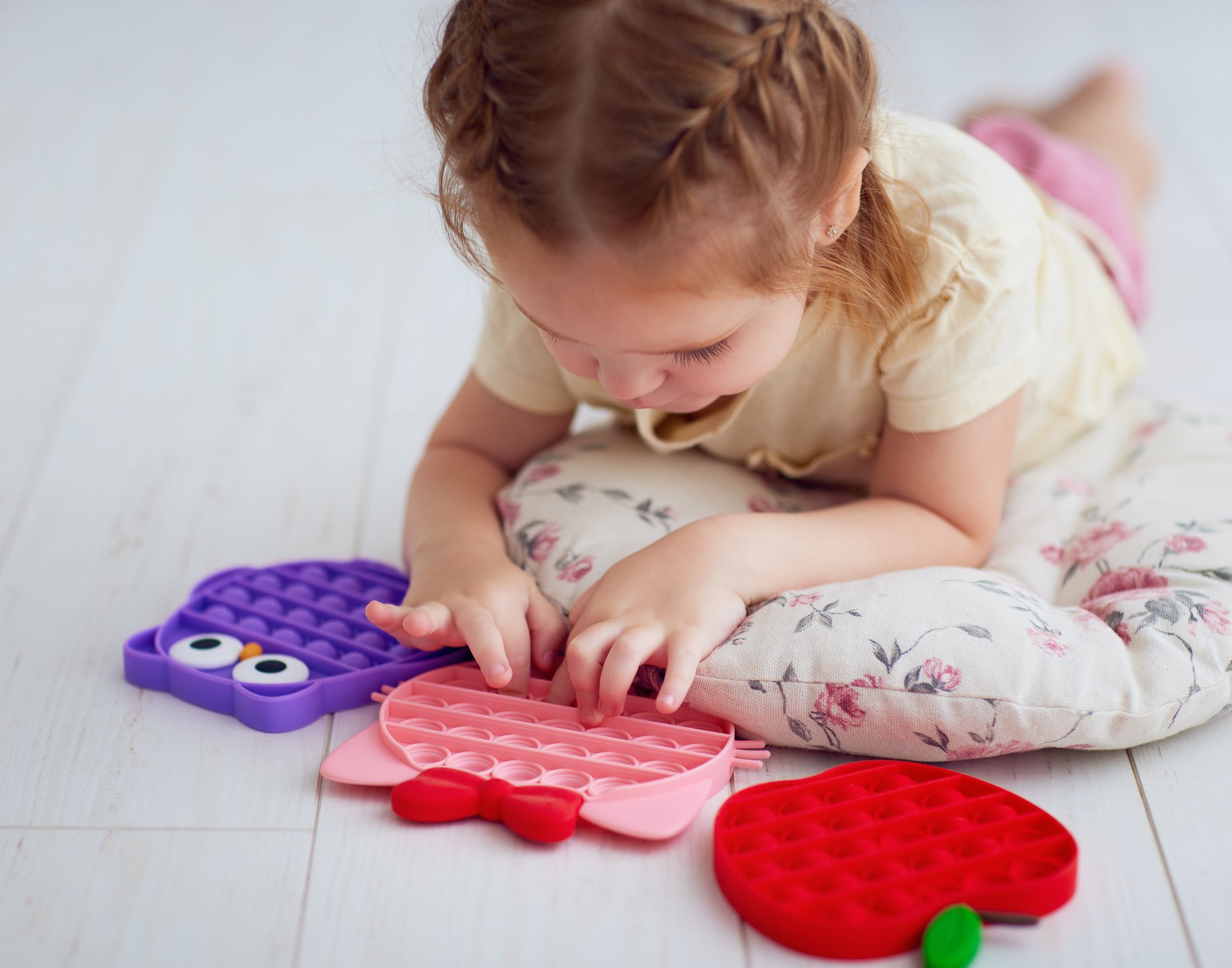
When Everyday Experiences Don’t Feel “Everyday” If your child struggles with things that seem simple for others (like brushing their teeth, getting dressed, or sitting
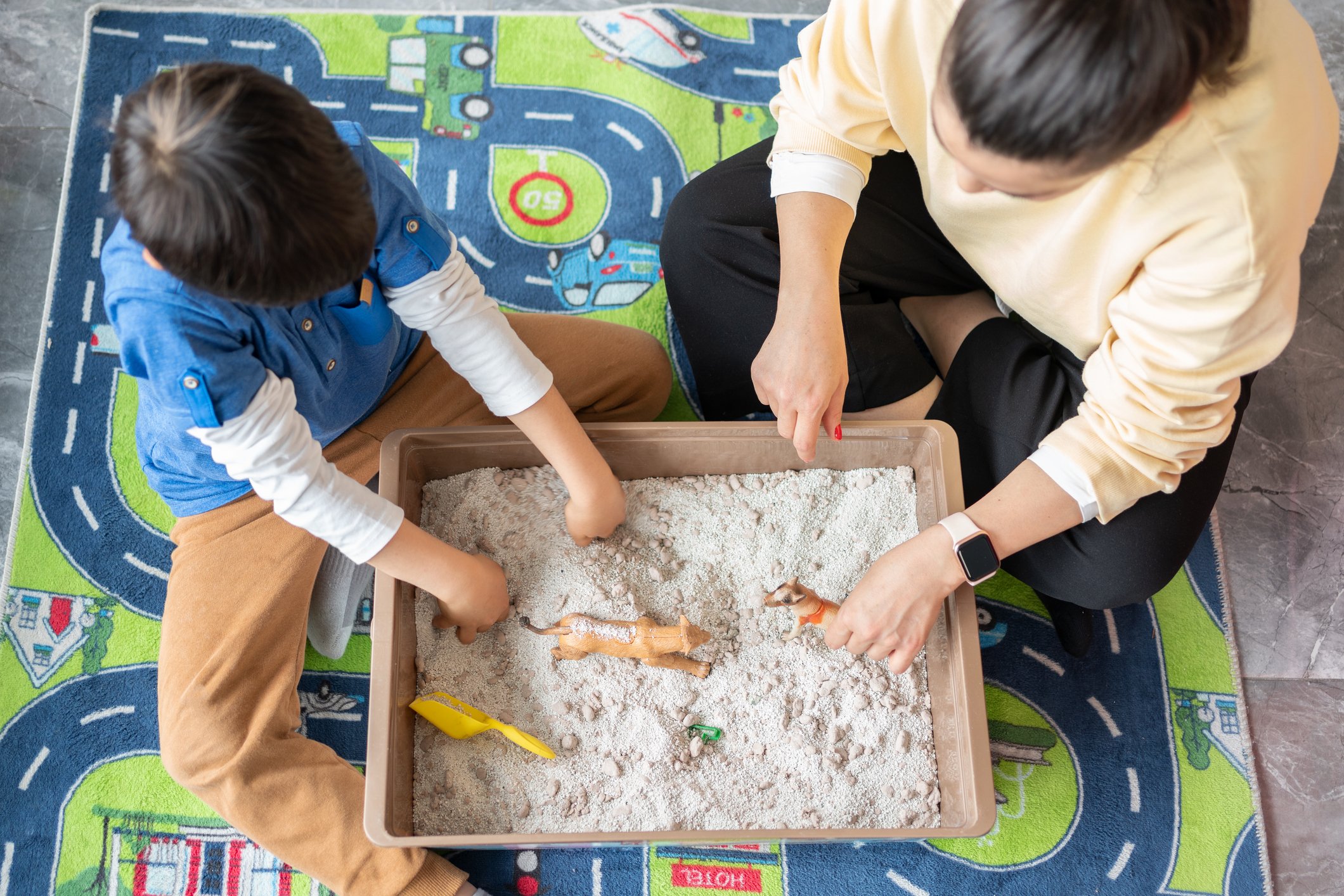
Your child learns about the world in two main ways: through their senses and through play. So it’s no surprise that sensory play is an
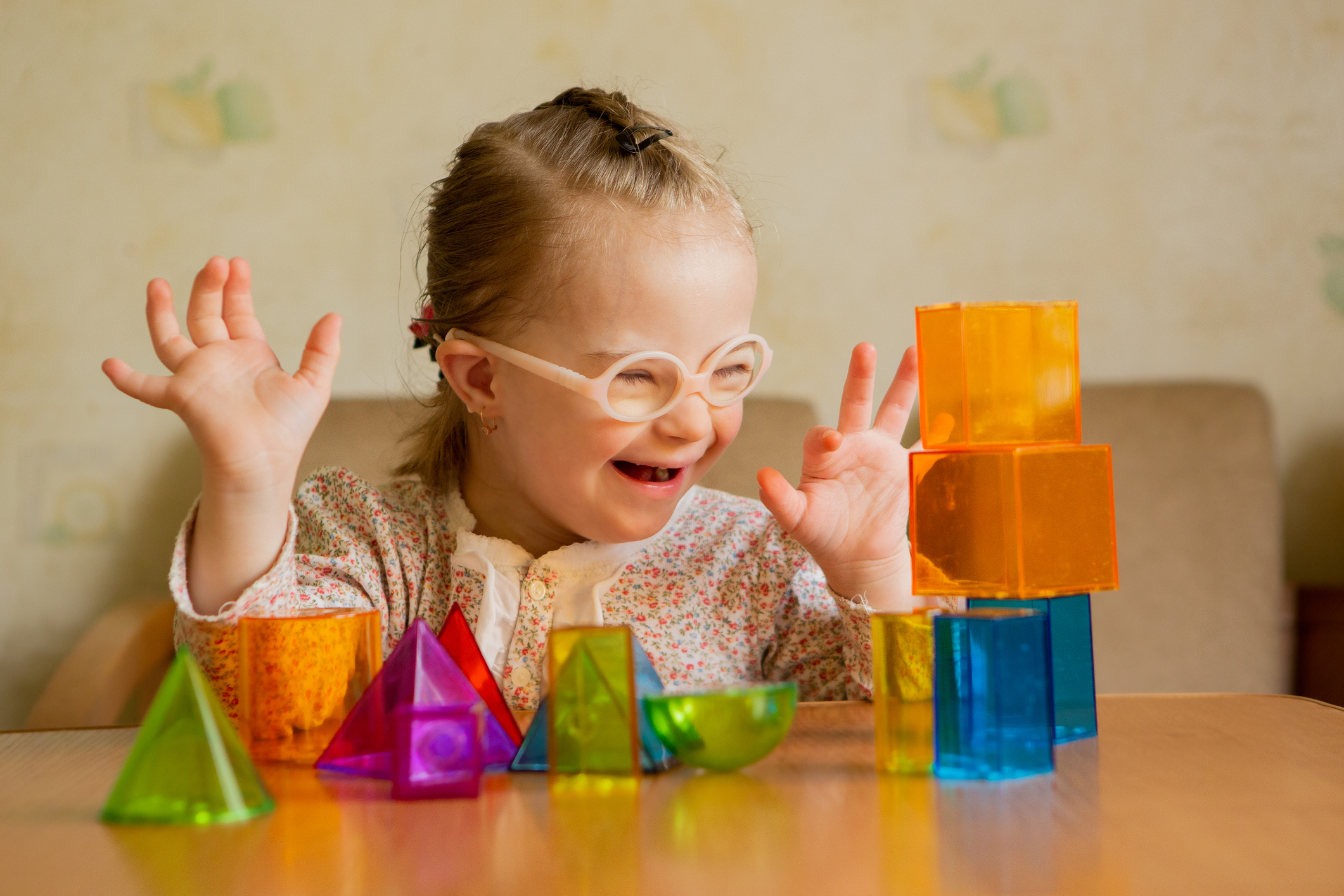
How We Help Kids When Everyday Experiences Feel Overwhelming If your child covers their ears at the sound of a vacuum, cries when clothes feel

Home is your child’s safe place, and it’s where they spend most of their time. The information your child gathers from their home environment through

Handwriting is more than neat letters on a page — it’s one of the first ways children learn to share their ideas with the world.